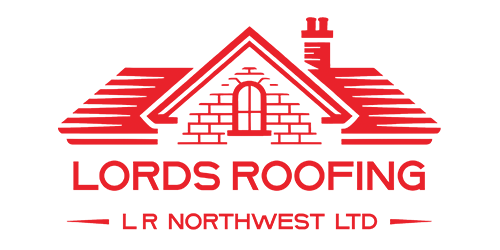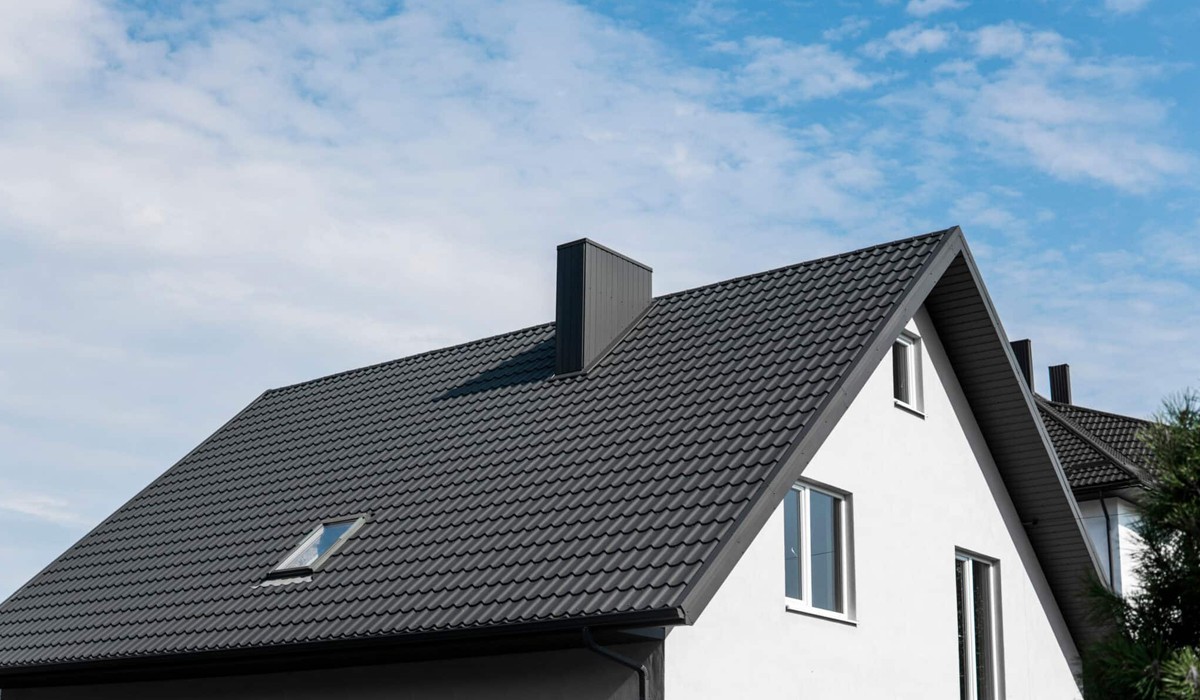Energy Efficiency and Roofing: How Your Roof Can Help Reduce Energy Bills
In an era of rising energy costs and increasing environmental awareness, homeowners are constantly seeking ways to improve their property’s energy efficiency. While many focus on insulation and energy-efficient appliances, one crucial element often overlooked is the roof. Energy efficiency roofing can play a significant role in reducing your energy bills and creating a more comfortable living environment. In this article, we’ll explore how your roof can contribute to energy savings and why consulting a professional roofing contractor is essential for maximizing these benefits.
In Manchester’s unique climate, energy-efficient roofing isn’t just about saving money—it’s about creating a more comfortable home year-round. We’ve seen countless homeowners transform their living spaces and significantly reduce their energy bills with the right roofing solutions. It’s not just about the materials; it’s about expert installation and a holistic approach to your home’s needs. That’s why we always conduct a thorough assessment before recommending the best energy-efficient roofing options for each individual property.
Fergus Park, Lords Roofing
Understanding Energy Efficiency Roofing
Energy efficiency roofing refers to roofing systems and materials designed to minimize heat transfer between your home and the outside environment. This concept encompasses several factors:
Material Choice: Different roofing materials have varying energy performance characteristics.
Insulation: Proper roof insulation prevents heat loss in winter and heat gain in summer.
Reflectivity: Roofing materials that reflect solar radiation can significantly reduce cooling costs.
Ventilation: Adequate roof ventilation helps maintain optimal attic temperature and moisture levels.
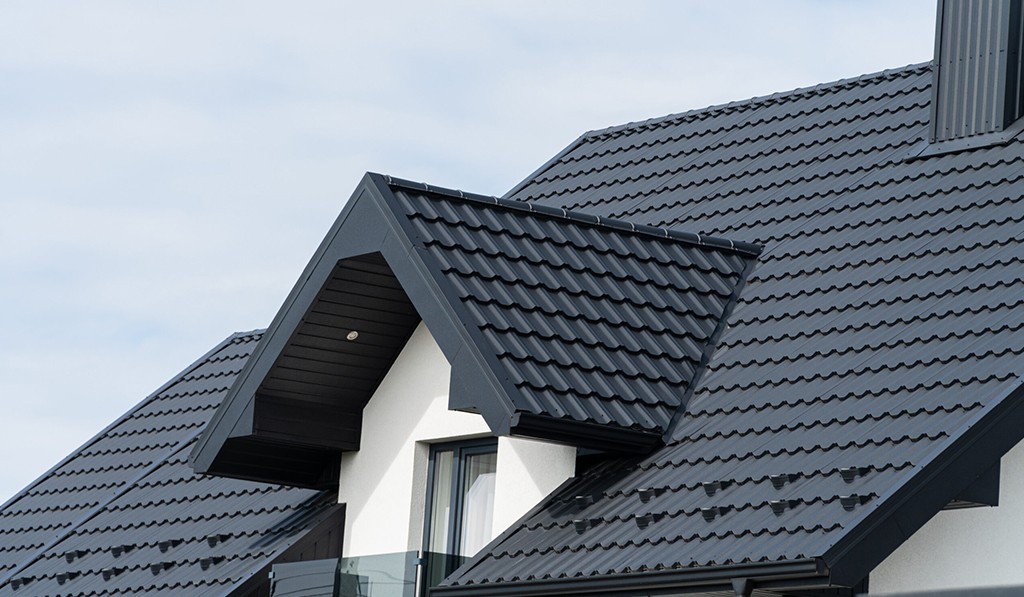
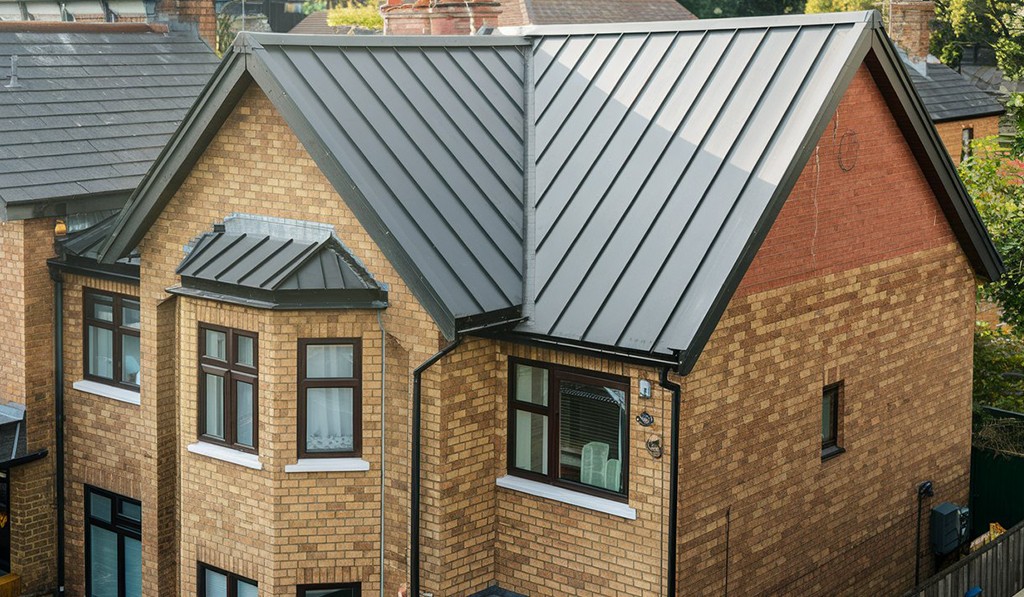
The Impact of Energy Efficient Roofing on Your Bills
Implementing energy efficiency roofing strategies can lead to substantial savings on your energy bills. Here’s how:
1. Reduced Heating Costs
In colder months, a well-insulated roof prevents warm air from escaping your home. This means your heating system doesn’t have to work as hard to maintain a comfortable temperature. A professional roofing contractor can assess your current insulation and recommend improvements to maximise energy efficiency.
2. Lower Cooling Expenses
During summer, energy efficient roofing can reflect more of the sun’s heat away from your home. This reduces the workload on your air conditioning system, leading to lower energy consumption and costs. Cool roofing materials, recommended by experienced roofing contractors, can be particularly effective in achieving this.
3. Improved Year-Round Comfort
Energy efficiency roofing helps maintain a more consistent indoor temperature throughout the year. This not only reduces energy bills but also enhances overall comfort in your home.
The Impact of Energy Efficient Roofing on Your Bills
Key Elements of Energy Efficient RoofiTo achieve optimal energy efficiency, consider the following roofing elements:
1. Roofing Materials
The choice of roofing material significantly impacts energy efficiency. Options include:
- Cool Roofing: Specially designed to reflect more sunlight and absorb less heat.
- Metal Roofing: Highly reflective and can be coated for enhanced energy performance.
- Tile Roofing: Provides natural insulation and can be coated for increased reflectivity.
- Green Roofing: Living roofs that provide excellent insulation and environmental benefits.
A knowledgeable roofing contractor can help you select the most suitable energy-efficient material for your home and climate.
2. Proper Insulation
Adequate insulation in your attic and roof structure is crucial for energy efficiency. A roofing contractor can assess your current insulation and recommend improvements, such as:
- Adding more insulation material
- Sealing air leaks
- Installing radiant barriers
3. Effective Ventilation
Proper roof ventilation is essential for maintaining energy efficiency. It helps regulate temperature and moisture levels in your attic, preventing issues like ice dams in winter and excessive heat buildup in summer. A roofing contractor can ensure your roof has the right ventilation system for optimal performance.
4. Color Choice
The color of your roof can impact its energy efficiency. In general, lighter colours reflect more sunlight and heat, making them more energy-efficient in warm climates. However, the best color choice depends on your specific location and climate conditions. Consult with a roofing contractor to determine the most energy-efficient color for your home.
The Role of a Professional Roofing Contractor
While some aspects of energy efficiency can be addressed through DIY methods, achieving optimal results often requires the expertise of a professional roofing contractor. Here’s why:
- Expert Assessment: A roofing contractor can conduct a thorough evaluation of your current roof’s energy performance and identify areas for improvement.
- Customized Solutions: Every home is unique, and a professional can recommend tailored energy efficiency roofing solutions based on your specific needs, budget, and local climate.
- Quality Installation: Proper installation is crucial for the performance of energy-efficient roofing materials. A skilled contractor ensures that all components are installed correctly for maximum effectiveness.
- Compliance with Regulations: Energy efficiency roofing often needs to meet specific building codes and regulations. A professional roofing contractor stays up-to-date with these requirements.
- Long-term Performance: With their expertise, roofing contractors can help you choose solutions that not only improve energy efficiency but also ensure the longevity and durability of your roof.
Conclusion: Investing in Energy Efficiency Roofing
Improving your roof’s energy efficiency is a smart investment that can lead to significant long-term savings on your energy bills. By working with a qualified roofing contractor to implement energy-efficient roofing strategies, you can enjoy a more comfortable home, reduced energy costs, and a smaller carbon footprint.
Remember, the key to maximising the benefits of energy efficiency roofing lies in a comprehensive approach that considers insulation, materials, ventilation, and professional installation. Consult with a reputable roofing contractor in your area to explore how you can transform your roof into an energy-saving asset for your home.
